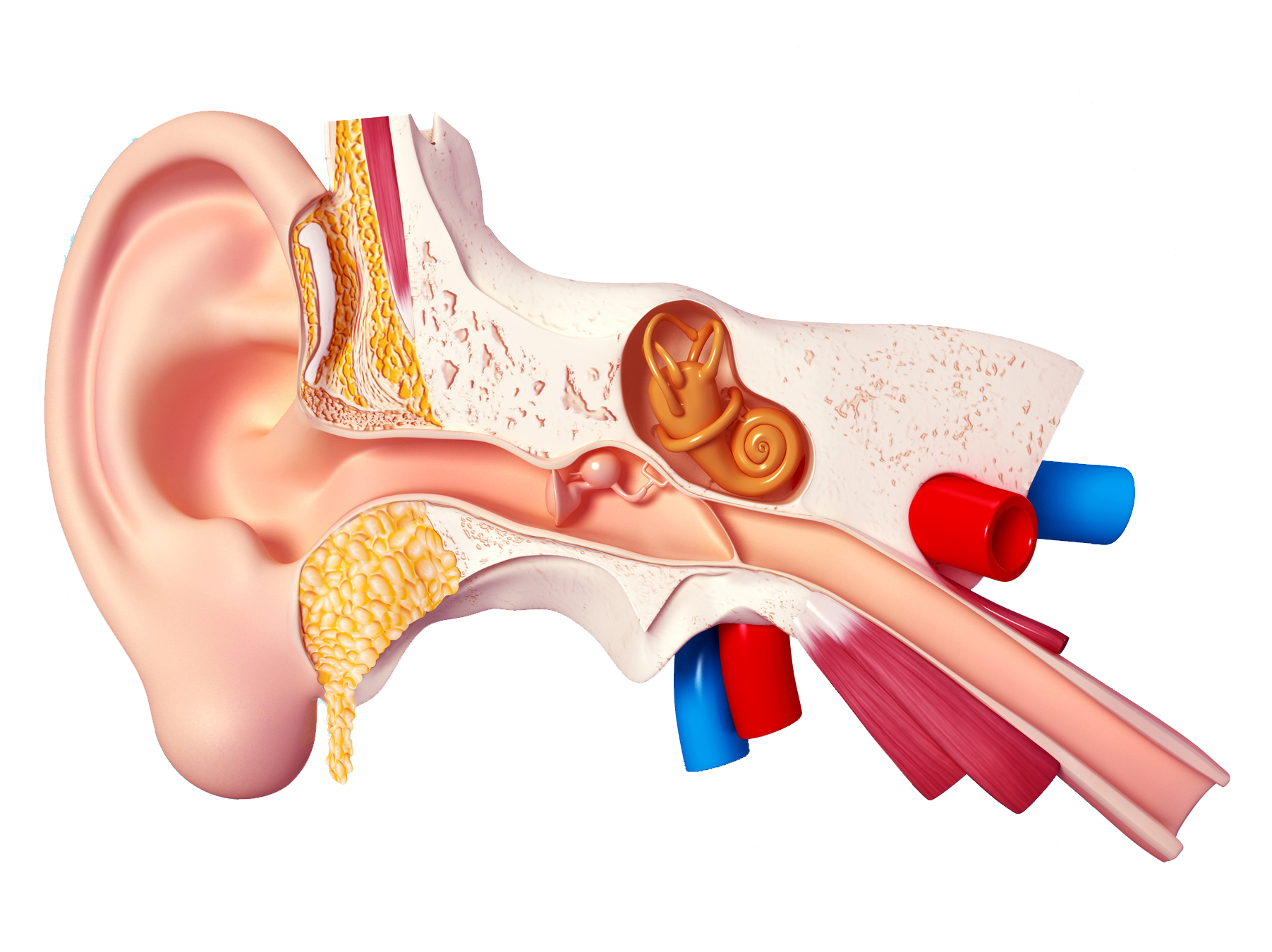
While ear infections are more common in children, adults can experience them too—and they’re often overlooked or misdiagnosed.
The anatomy of the adult ear makes infections less likely, but not impossible.
Stress, allergies, colds, and sinus problems can all lead to inflammation that blocks drainage and sets the stage for infection.
Sometimes it’s not even the ear itself causing symptoms, but rather congestion backing up into the canal.
Because adults don’t always spike fevers or show classic signs, infections can go undetected longer.
That’s why understanding the subtle differences really matters.
Pain That Comes on Suddenly or Builds Slowly
In adults, ear pain isn’t always sharp or intense—it might feel like pressure, heat, or fullness.
Some describe it as throbbing. Others feel a dull ache that worsens when lying down.
If the pain increases while chewing, yawning, or after flying, it may signal a blocked eustachian tube.
Pain that wakes you from sleep or radiates into your jaw isn’t normal.
Don’t assume it’s just congestion or a passing sinus issue.
Ongoing or worsening pain deserves evaluation.
Muffled Hearing and a Feeling of Fullness
When fluid builds up behind the eardrum, sounds become distorted, like listening through a wall or pillow.
You might find yourself turning the TV up or asking people to repeat themselves—without realizing it’s your ear, not the volume.
This muffled hearing can come on slowly or overnight, especially after a cold or allergy flare-up.
The sensation of fullness in the ear often goes hand in hand with hearing loss.
If popping your ears doesn’t help, the fluid may be trapped.
Persistent changes in hearing shouldn’t be ignored.
Drainage Isn’t Normal for Adult Ears
Any liquid leaking from the ear—whether it’s clear, bloody, or yellowish—deserves medical attention.
Drainage might mean the eardrum has ruptured or that fluid is pushing its way out through infection.
Even a small amount can be a big sign.
It’s not always painful, but that doesn’t mean it’s harmless.
Infections that drain on their own still need follow-up care.
Left untreated, they can lead to longer-term issues.
Balance Issues and Dizziness May Follow
Your inner ear plays a key role in balance, so when it’s inflamed or infected, you might feel off-center or lightheaded.
Vertigo—the sensation that the room is spinning—is a possible symptom.
So is feeling wobbly while walking or standing.
These signs might come and go, or persist for days.
They often appear alongside ear pain, but not always.
If your balance feels disrupted for no clear reason, your ears may be involved.
Not All Infections Are Bacterial
Viral infections, especially after colds or flu, can affect the ear without causing pus or high fevers.
These cases may not respond to antibiotics because the cause isn’t bacterial.
Instead, they’re treated with rest, hydration, and symptom management.
Allergies can also inflame the ear canal and mimic infection.
Swimmer’s ear—an outer ear infection—is often fungal or bacterial but occurs outside the eardrum.
Getting the diagnosis right determines whether treatment helps or harms.
Symptoms That Return Often May Signal a Pattern
If you get ear infections more than once or twice a year, it may not be coincidence.
Chronic sinus issues, allergies, smoking, or structural problems in the ear can create a pattern.
You may need imaging, hearing tests, or an ENT referral to understand what’s happening.
Sometimes, recurring infections suggest a weakened immune response or a drainage issue.
Addressing the root problem helps break the cycle.
Don’t just treat symptoms—ask why they keep coming back.
Home Remedies Can Help, but Only Temporarily
Warm compresses, over-the-counter drops, and gentle decongestants may bring short-term relief—but they’re not cures.
These remedies may ease pressure or reduce discomfort, but they don’t resolve infections on their own.
If symptoms persist beyond a few days, worsen, or involve fever or discharge, you need medical care.
Delaying treatment can lead to more damage.
What starts as a mild infection can spread or affect hearing if ignored.
Use home care as support, not solution.
